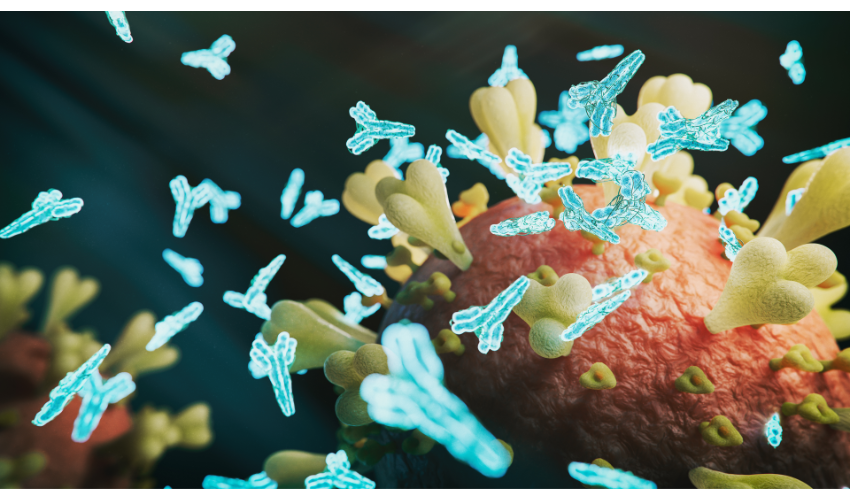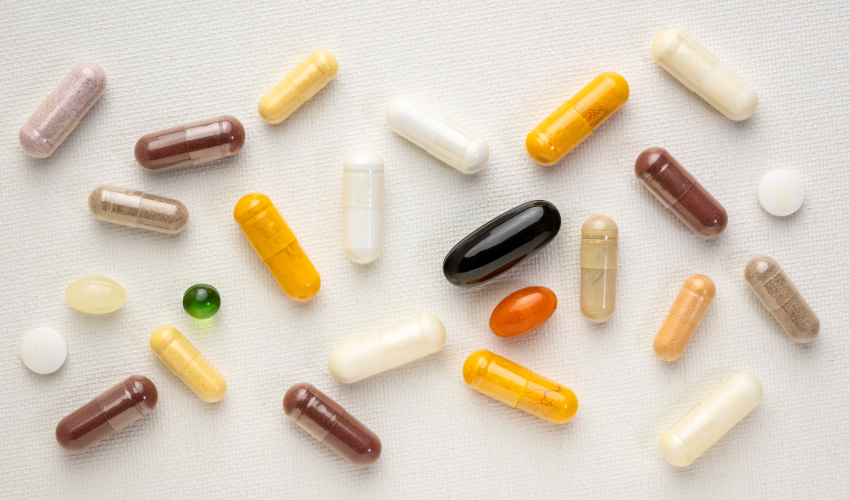Antibodies are an essential component of the immune system, responsible for protecting the body against harmful pathogens such as bacteria, viruses, and fungi. They are produced by white blood cells called B cells and are specific to a particular antigen or foreign substance. But what triggers the production of antibodies? In this article, we will explore what stimulates production of antibodies and how it works.
What Stimulates Production of Antibodies? Factors and Mechanisms
There are several factors that can trigger the production of antibodies, including:
- Exposure to an antigen: When the body is exposed to an antigen, such as a virus or bacteria, B cells are activated and begin to produce antibodies specific to that antigen. This process is known as the primary immune response.
- Vaccination: Vaccines contain weakened or dead pathogens that stimulate the immune system to produce antibodies without causing disease. This process is known as the secondary immune response and provides long-term protection against the targeted disease.
- Inflammation: Inflammation can also stimulate the production of antibodies. When tissues are damaged, they release chemicals that attract immune cells to the site of injury. These immune cells produce antibodies to help fight off any pathogens that may have entered the body through the damaged tissue.
- Cytokines: Cytokines are small proteins that are released by immune cells and help regulate the immune response. Some cytokines, such as interleukin-4 (IL-4), stimulate the production of antibodies.
- B cell activation: B cells are activated by signals from helper T cells, which recognize and bind to specific antigens. This interaction triggers the production of antibodies by B cells.

FAQs:
How long does it take for antibodies to be produced?
It varies depending on the individual and the type of antigen. In general, it takes a few days to a few weeks for antibodies to be produced after exposure to an antigen.
Can the production of antibodies be harmful?
In some cases, the production of antibodies can be harmful, such as in autoimmune diseases where the immune system attacks the body’s own tissues.
How long do antibodies last in the body?
It depends on the individual and the type of antibody. Some antibodies provide lifelong immunity, while others may only last a few months.
Can stress affect antibody production?
Yes, stress can affect the immune system and may reduce the production of antibodies.
Can diet affect antibody production?
Yes, a healthy diet rich in vitamins and minerals can help support the immune system and promote the production of antibodies.

Conclusion
Antibodies play a crucial role in protecting the body against harmful pathogens and diseases. The production of antibodies is stimulated by exposure to antigens, vaccination, inflammation, cytokines, and B cell activation. By understanding these factors, we can better support our immune system and promote the production of antibodies to help keep us healthy.
There are also other mechanisms that contribute to the production of antibodies. For example, the microbiome, which is the collection of microorganisms that live on and in our bodies, has been shown to play a role in regulating the immune system and promoting the production of antibodies.
Research has also shown that exercise can stimulate the production of antibodies. Exercise has been found to increase the circulation of immune cells and cytokines, which can enhance the immune response and promote the production of antibodies.
It’s important to note that the production of antibodies is not always a foolproof defense mechanism. In some cases, pathogens may mutate or evolve, making the antibodies less effective or even ineffective. This is why vaccines are periodically updated to keep up with the changing nature of pathogens.
The production of antibodies is a complex process that is triggered by a variety of factors and mechanisms. By understanding these factors, we can take steps to support our immune system and promote the production of antibodies to help keep us healthy and protected against harmful pathogens and diseases.






















